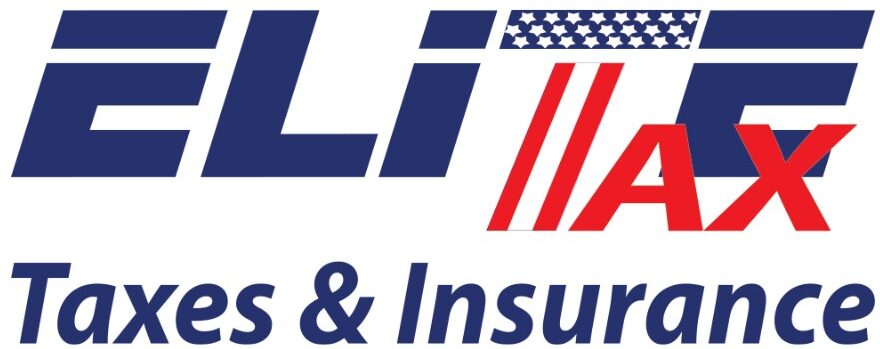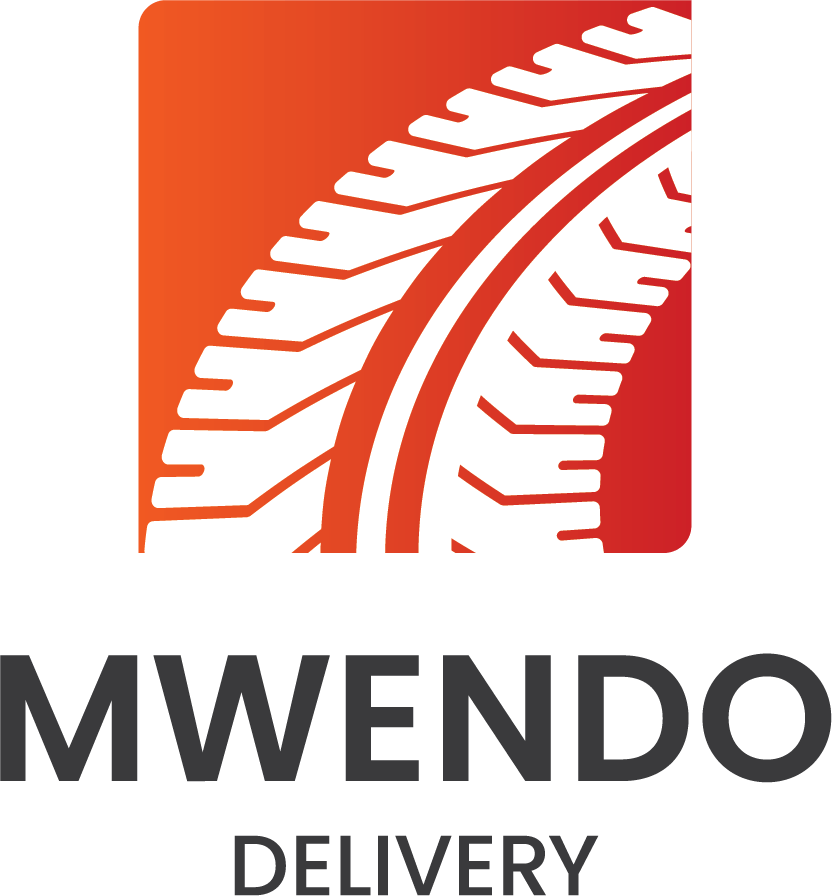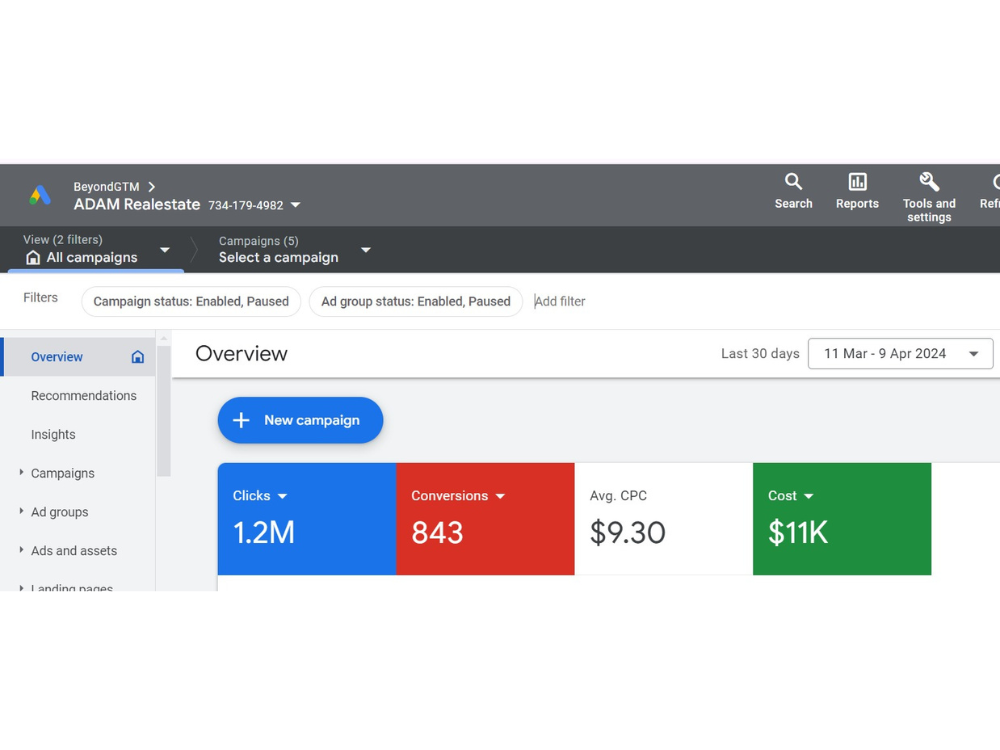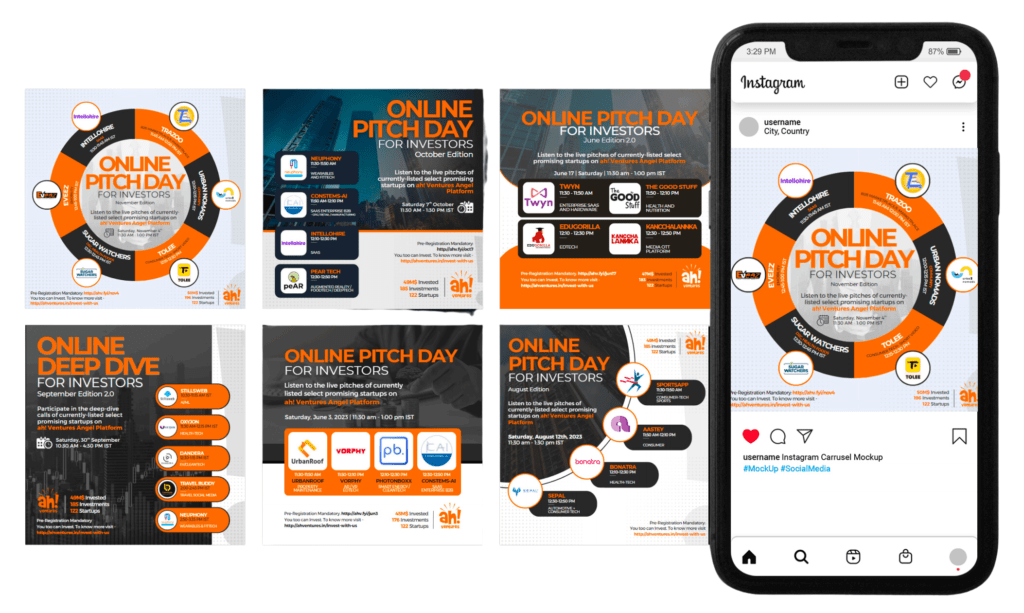Innovate. Create. Inspire.
Colorado Digital Marketing Agency
Always Be Onradar with Targeted Marketing in Colorado

Get my Free Proposal
Our Colorado Digital Marketing Clients Get Amazing Results









Who we are
Grow Your Business With Colorado Digital Marketing Services!





Happy Client
Top Digital Marketing Agency in Colorado

Designing websites that reflect your brand's unique identity and aspirations with precision.

Maximizing your brand's visibility and conversions with strategic paid advertising campaigns tailored to your goals.

Crafting compelling social media strategies to engage your audience and elevate your brand presence.

Boosting your online visibility and driving organic traffic through effective search engine optimization strategies.

Empowering your brand's online presence through strategic SMM initiatives that engage and captivate your audience.

Elevate your business with our Google Ads service. Unlock targeted campaigns for maximum impact.
Portfolio
Colorado Digital Marketing Agency
Showcase of Excellence!
Why Choose Us
Why Choose OnRadar As Your Colorado Digital Marketing Company

At Onradar Agency, we’ve seen how many agencies charge high fees without delivering exceptional service or helping brands stand out. Finding a reliable digital marketing agency in Colorado can be tough for any business owner. Our mission is clear: to break this cycle by unlocking your brand’s full potential at fair costs, ensuring it shines in the crowded digital landscape without stretching your budget. We’re passionate about supporting small and medium-sized businesses every step of the way. We believe in more than just working with a digital marketing firm; you deserve a team that listens to your goals, understands your message, and consistently delivers results that make your marketing investment worthwhile.
Unlike other agencies, we offer affordable excellence with a proven track record, customized strategies, dedicated support, and comprehensive services spanning SEO, PPC, social media, and website development. Choose Onradar Agency for a trusted partnership that listens, understands, and consistently delivers exceptional results, empowering your business to thrive online.
Here are some reasons why onRadar Agency is different:
Mastery in shaping brand identities, ensuring each touchpoint resonates with authenticity and allure.
Thorough insights delivered, empowering informed decisions and optimized strategies for elevated performance.
Customized resolutions crafted with precision, addressing unique challenges and amplifying growth potential.
A complete suite of solutions, addressing every aspect of your needs with thoroughness and expertise.
A partnership-driven method, fostering synergy and innovation to achieve mutual success and growth.
Uninterrupted assistance provided, ensuring your needs are met and challenges addressed with diligence and care.
Testimonial
Client Feedback & Reviews



Common Questions
Most Popular Questions
SEO, or Search Engine Optimization, is the process of optimizing your website to improve its visibility on search engine results pages (SERPs) like Google. In the fiercely competitive US market, where online presence is paramount, SEO is essential for businesses to enhance their visibility, attract organic traffic, and ultimately drive conversions.
The timeline for seeing results from SEO efforts varies depending on factors such as industry competitiveness, website quality, and the efficacy of the SEO strategy. Generally, significant improvements in rankings and traffic can take several months to a year, but consistent implementation of best practices can lead to sustained success in the long term.
An effective SEO strategy for businesses targeting the US market includes:
- Thorough Keyword Research: Identifying relevant keywords and phrases that resonate with US audiences and have high search volumes.
- On-Page Optimization: Optimizing website content, meta tags, and URLs to align with target keywords and enhance search engine rankings.
- Local SEO: Enhancing visibility in local search results by optimizing for location-based keywords and creating Google My Business listings.
- Content Creation: Developing high-quality, informative content that addresses the needs and interests of US users and provides valuable solutions to their queries.
- Link Building: Acquiring backlinks from authoritative websites in the US to boost domain authority and improve search engine rankings.
Businesses in the US can gauge the success of their SEO endeavors through various metrics, including:
- Organic Traffic: Monitoring the volume of organic traffic generated by search engines to their website.
- Keyword Rankings: Tracking the rankings of target keywords in search engine results pages (SERPs) over time to assess visibility.
- Conversion Rates: Analyzing the percentage of website visitors who complete desired actions, such as making a purchase or submitting a contact form.
- Click-Through Rates (CTRs): Measuring the percentage of users who click on their website's link in search results compared to the total number of impressions.
Utilizing tools like Google Analytics and Google Search Console provides valuable insights into website performance and user behavior, enabling businesses to evaluate the effectiveness of their SEO strategies and make data-driven optimizations accordingly.
Social media management involves the creation, scheduling, posting, and analysis of content on social media platforms to engage with target audiences and build brand presence. In the US market, where consumers spend significant time on platforms like Facebook, Instagram, Twitter, and LinkedIn, effective social media management is essential for businesses to connect with their audience, drive engagement, and foster customer relationships.
The choice of social media platforms depends on factors such as the target audience demographics, industry, and marketing objectives. However, popular platforms like Facebook, Instagram, Twitter, LinkedIn, and YouTube are widely used by businesses in the US market to reach their target audience, share content, and engage with followers. Each platform offers unique features and benefits, allowing businesses to tailor their social media strategy to suit their specific needs and goals.
An effective social media management strategy for businesses targeting the US market should include:
- Content Planning and Creation: Developing high-quality, engaging content that resonates with the target audience and aligns with brand messaging.
- Consistent Posting Schedule: Establishing a regular posting schedule to maintain a consistent presence on social media platforms and keep followers engaged.
- Audience Engagement: Actively engaging with followers by responding to comments, messages, and inquiries in a timely and personalized manner.
- Performance Tracking and Analysis: Monitoring key metrics such as engagement, reach, and conversions to evaluate the effectiveness of social media efforts and make data-driven optimizations.
Businesses can measure the success of their social media management efforts in the US market through various metrics, including:
- Engagement Metrics: Such as likes, comments, shares, and retweets, indicating the level of audience interaction with the content.
- Reach and Impressions: The number of users who have seen the content, providing insights into its visibility and exposure.
- Follower Growth: Tracking the growth of followers over time to assess the effectiveness of content and engagement strategies.
- Conversion Metrics: Including website visits, leads generated, and sales attributed to social media efforts, demonstrating the impact on business objectives.
By analyzing these metrics and adjusting their social media strategy accordingly, businesses can optimize their social media management efforts to achieve their marketing goals and drive success in the US market.
Website development involves creating, designing, and maintaining websites to establish an online presence and engage with target audiences. In the highly competitive US market, where consumers increasingly rely on digital channels for information and transactions, having a well-designed and functional website is essential for businesses to attract and retain customers, showcase products or services, and drive conversions.
A successful website for businesses targeting the US market should include:
- Responsive Design: Ensuring the website is optimized for various devices and screen sizes, including desktops, laptops, tablets, and smartphones, to provide a seamless user experience.
- User-Friendly Navigation: Implementing intuitive navigation menus and clear calls-to-action to help users find information quickly and easily navigate through the site.
- Compelling Visuals and Content: Incorporating high-quality images, videos, and engaging content that capture users' attention, communicate brand messaging effectively, and encourage interaction.
- SEO Optimization: Implementing search engine optimization (SEO) best practices to improve visibility on search engine results pages (SERPs) and attract organic traffic from users searching for relevant keywords.
- Secure and Trustworthy: Incorporating security features such as SSL encryption, secure payment gateways, and trust signals like customer testimonials and certifications to instill confidence and trust among users.
Paid ads, also known as pay-per-click (PPC) advertising, involve advertisers paying a fee each time their ad is clicked. In the highly competitive US market, paid ads are crucial for businesses to increase their visibility, drive targeted traffic to their website, and achieve specific marketing objectives. They offer a cost-effective way to reach potential customers and generate leads, sales, and conversions.
Google Ads, previously known as Google AdWords, allows businesses to create and display ads on Google's search engine results pages (SERPs) and across its vast network of partner websites. Meta Ads, on the other hand, refer to ads displayed on platforms owned by Meta, including Facebook, Instagram, and Messenger.
The effectiveness of Google Ads versus Meta Ads depends on various factors such as the target audience, industry, campaign objectives, and budget. While Google Ads may be more suitable for businesses looking to capture high-intent search traffic, Meta Ads can be advantageous for reaching a broader audience through social media platforms and leveraging detailed targeting options.
To maximize the performance of paid ad campaigns in the US market, businesses should:
- Conduct thorough keyword research to identify relevant keywords with high search volumes and commercial intent.
- Create compelling ad copy and relevant landing pages that resonate with the target audience and encourage conversions.
- Implement precise targeting options, including demographics, interests, and behaviors, to reach the most qualified audience.
- Continuously monitor campaign performance, analyze key metrics, and make data-driven optimizations to improve ROI and achieve campaign objectives.
Common metrics used to measure the success of paid ad campaigns in the US market include:
- Click-Through Rate (CTR): The percentage of users who click on an ad after seeing it.
- Conversion Rate: The percentage of ad clicks that result in a desired action, such as a purchase, sign-up, or form submission.
- Cost-Per-Click (CPC): The average cost paid by advertisers for each click on their ads.
- Return on Ad Spend (ROAS): The ratio of revenue generated to the amount spent on advertising, indicating the profitability of paid ad campaigns.
By tracking and analyzing these metrics, businesses can assess the effectiveness of their paid ad campaigns, identify areas for improvement, and optimize their strategies to achieve better results.
Social media marketing involves using social media platforms to promote products, services, and content to target audiences. In the US market, where social media usage is widespread across platforms like Facebook, Instagram, Twitter, and LinkedIn, social media marketing is crucial for businesses to increase brand awareness, engage with customers, drive website traffic, and generate leads and sales.
Unlike traditional marketing methods, which often involve one-way communication and mass broadcasting, social media marketing enables businesses to engage in two-way conversations with their audience and target specific demographics based on user data and interests. This personalized approach allows businesses in the US market to reach their target audience more effectively, build relationships, and drive meaningful interactions that lead to conversions and brand loyalty.
Common social media marketing strategies used by businesses targeting the US market include:
- Content Marketing: Creating and sharing valuable, relevant content to attract and engage target audiences, such as blog posts, videos, infographics, and user-generated content.
- Influencer Marketing: Collaborating with influencers or key opinion leaders in the US market to reach their followers and leverage their influence to promote products or services.
- Paid Advertising: Running targeted ad campaigns on social media platforms to increase brand visibility, drive website traffic, and generate leads or sales.
- Social Media Contests and Giveaways: Hosting contests, sweepstakes, or giveaways to encourage user participation, increase engagement, and expand brand reach.
- Community Building: Fostering a sense of community and belonging among followers by encouraging user-generated content, responding to comments and messages, and actively engaging with the audience.
Businesses can measure the effectiveness of their social media marketing efforts in the US market through various metrics, including:
- Engagement Metrics: Such as likes, comments, shares, and retweets, indicating the level of audience interaction with the content.
- Reach and Impressions: The number of users who have seen the content, providing insights into its visibility and exposure.
- Conversion Metrics: Including website visits, leads generated, and sales attributed to social media efforts, demonstrating the impact on business objectives.
- Return on Investment (ROI): Calculating the return on investment from social media marketing campaigns by comparing the cost of advertising to the revenue generated or the value of leads acquired.
By analyzing these metrics and adjusting their social media marketing strategy accordingly, businesses can optimize their efforts to achieve their marketing goals and drive success in the US market.
The timeline for website development varies depending on factors such as the complexity of the project, the scope of work, and client requirements. Generally, a simple website with basic functionality may take a few weeks to develop, while more complex websites with custom features and integrations may take several months. Collaborating closely with a professional web development team can help streamline the process and ensure timely delivery.
Businesses can ensure the success of their website development efforts in the US market by:
- Defining Clear Objectives: Clearly defining the goals and objectives of the website, such as increasing sales, generating leads, or improving brand awareness, to guide the development process.
- Partnering with Experienced Professionals: Working with experienced web developers, designers, and digital marketers who understand the unique needs and preferences of the US market and can deliver a website that meets business objectives and user expectations.
- Continuous Improvement: Regularly monitoring website performance, collecting user feedback, and making iterative improvements to optimize user experience, enhance functionality, and achieve desired outcomes.
- Staying Updated: Keeping abreast of the latest trends, technologies, and best practices in website development and digital marketing to maintain a competitive edge and adapt to evolving consumer preferences and industry standards.







